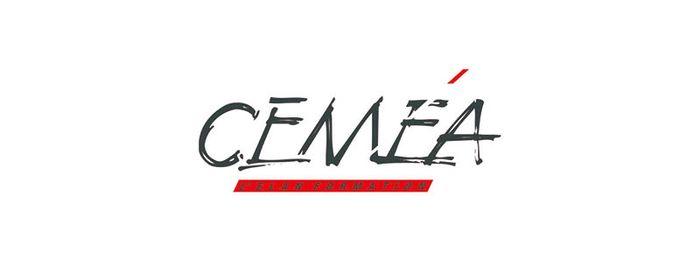In a context of exacerbated mistrust of institutions, misinformation, confusion between knowledge and beliefs, the stranglehold of web giants and the massive commercialization of our personal data, the Ceméa reaffirms digital and media education as issues of popular education.
The Ceméa's ambition is to give everyone the power to act in their digital lives. This requires a widespread education in critical thinking, for a better reading and understanding of the world.
Digital technology is a tool for popular and new education. It can and must be a tool for emancipation, provided that it enables each and every one of us to appropriate it for ourselves, to keep an active watch on contemporary uses, and to create new opportunities for education and cooperation.
The Ceméa are committed to:
- Use and promote free, ethical and emancipating digital solutions.
- Support local institutions and players to reduce inequalities in access to digital uses, and support digital practices and services at local level, by promoting the humanization of uses and services.
- Design and contribute to the development oftraining tools, resources and shared digital spaces with partners, for critical education in the digital society, media and information.
- Develop critical education in media and information, promoting informed and responsible choice of digital uses; and carry out concrete actions for critical education (e.g.: media, information and image education, online games or video games...).
- Conduct digital mediation initiatives, particularly with families, and work to protect young children (0-3 years), children and teenagers.
- Participating in research and monitoring studies, helping to understand and measure the consequences of digital practices, their risks and potential.
- Develop digital practices that promote interculturality and openness to the world and to others.
- Integrate notions of digital arts and culture.
